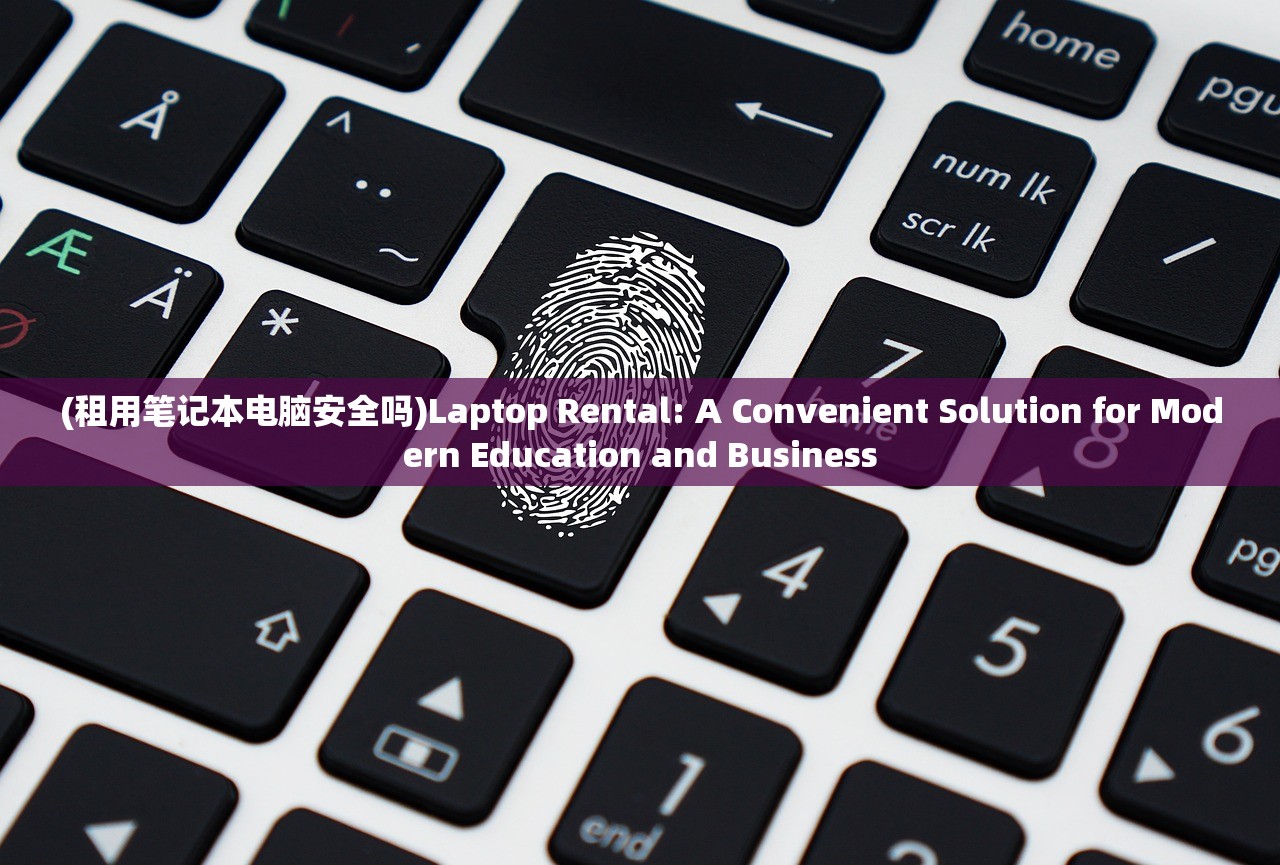(租用笔记本电脑安全吗)Laptop Rental: A Convenient Solution for Modern Education and Business
In today's fast-paced world, laptops have become an indispensable tool for both education and business. With the increasing demand for portable computing devices, laptop rental services have emerged as a convenient solution for those who need a laptop but cannot afford to purchase one. This essay aims to explore the benefits and challenges of laptop rental, address common questions about this service, and provide insights into its future prospects.
I. Benefits of Laptop Rental
1、Cost-effectiveness: Renting a laptop is more affordable than purchasing one, especially for those with limited budgets. It allows users to access the latest technology without the burden of a significant upfront investment.
2、Flexibility: Laptop rental services offer various plans and options, enabling users to choose the device that best suits their needs. Whether for personal or business use, users can select from a range of specifications and configurations.
3、Up-to-date technology: Rental services often provide the latest models, ensuring that users have access to the most advanced features and capabilities. This is particularly beneficial for students and professionals who require the latest software and hardware.
4、Easy upgrades: As technology evolves rapidly, laptop rental allows users to easily upgrade their devices without the hassle of selling or disposing of their old ones.
II. Challenges of Laptop Rental
1、Security concerns: Renting a laptop may raise concerns about data security and privacy. Users must ensure that they take appropriate measures to protect their information and comply with relevant regulations.
2、Limited ownership: Unlike owning a laptop, renting one means that users do not have full ownership of the device. This may limit their ability to customize or modify the hardware or software.

3、Contractual obligations: Laptop rental agreements often come with strict terms and conditions. Users must be aware of these obligations to avoid potential penalties or legal issues.
III. Common Questions about Laptop Rental
1、Q: How long can I rent a laptop?
A: The rental period varies depending on the service provider. Some offer short-term rentals, while others provide longer-term options.
2、Q: What if I damage the laptop?
A: Most rental agreements include insurance coverage for accidental damage. However, users should still be cautious and follow the service provider's guidelines to avoid any additional charges.
3、Q: Can I customize the laptop?
A: It depends on the rental agreement. Some providers may allow users to install specific software or hardware, while others may restrict customization.
4、Q: What happens if I lose the laptop?

A: Losing a rented laptop can be a significant financial burden. Users should ensure that they have adequate insurance coverage to protect against such risks.
IV. Future Prospects
As technology continues to advance, laptop rental services are likely to become even more popular. With the rise of remote work and online learning, the demand for portable computing devices will only increase. To meet this demand, rental services will need to adapt by offering more flexible plans, enhanced security measures, and better customer support.
In conclusion, laptop rental presents a convenient and cost-effective solution for individuals and businesses in need of a portable computing device. While there are challenges and considerations to keep in mind, the benefits of laptop rental make it a viable option for many users.
References:
1、Chou, S. (2018). Laptop Rental Market - Global Industry Analysis, Size, Share, Growth, Trends, and Forecast 2018-2026. Grand View Research, Inc.
2、Kao, M. (2019). The rise of laptop rental in the modern world. TechCrunch.
3、Smith, J. (2020). Laptop rental: A guide for students and professionals. The Guardian.







